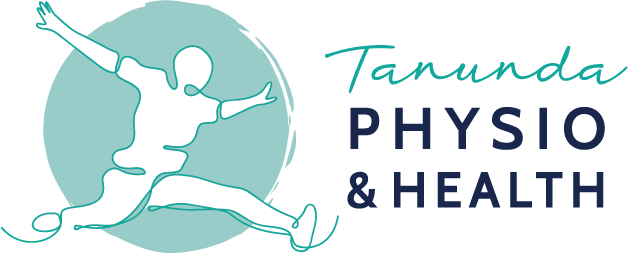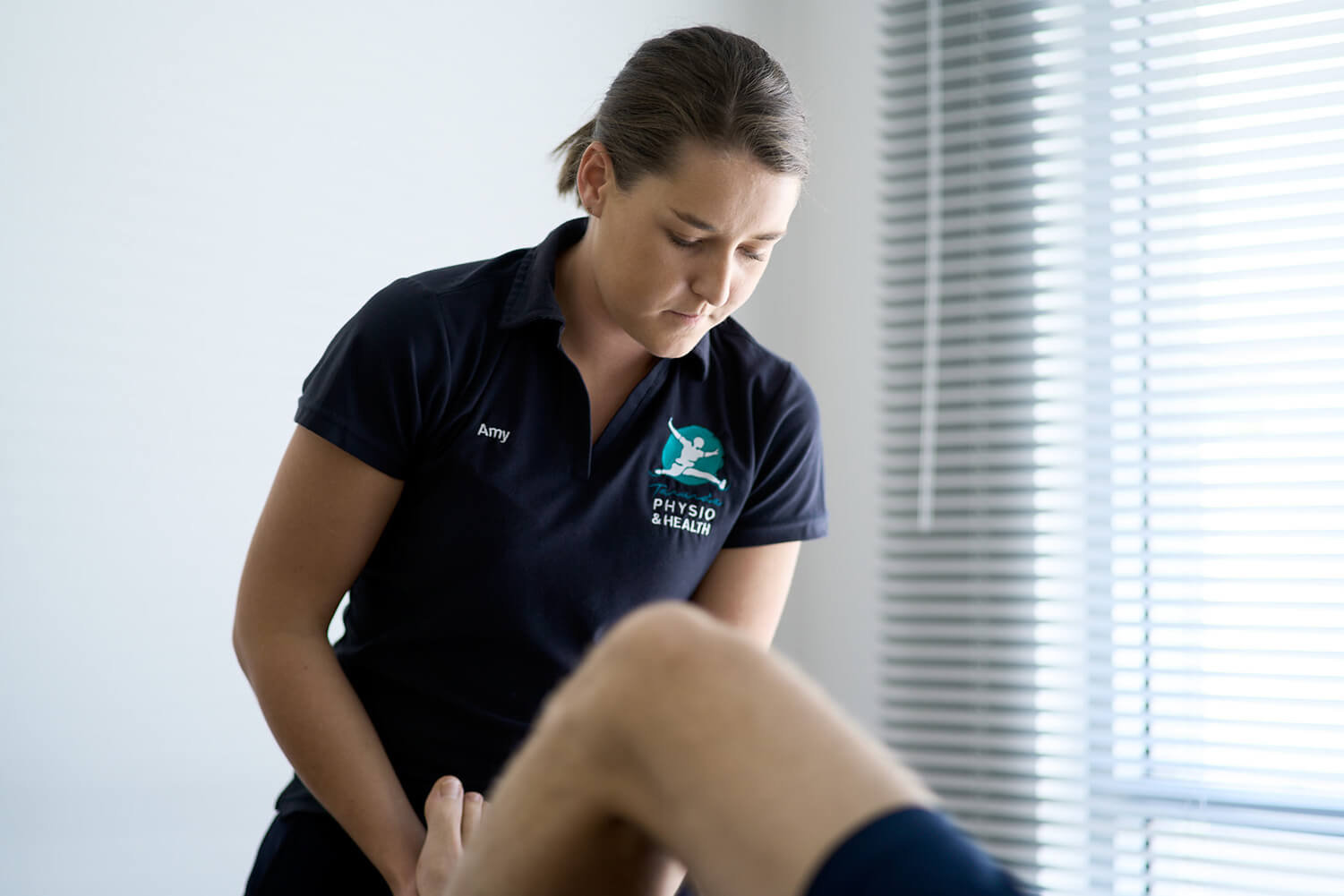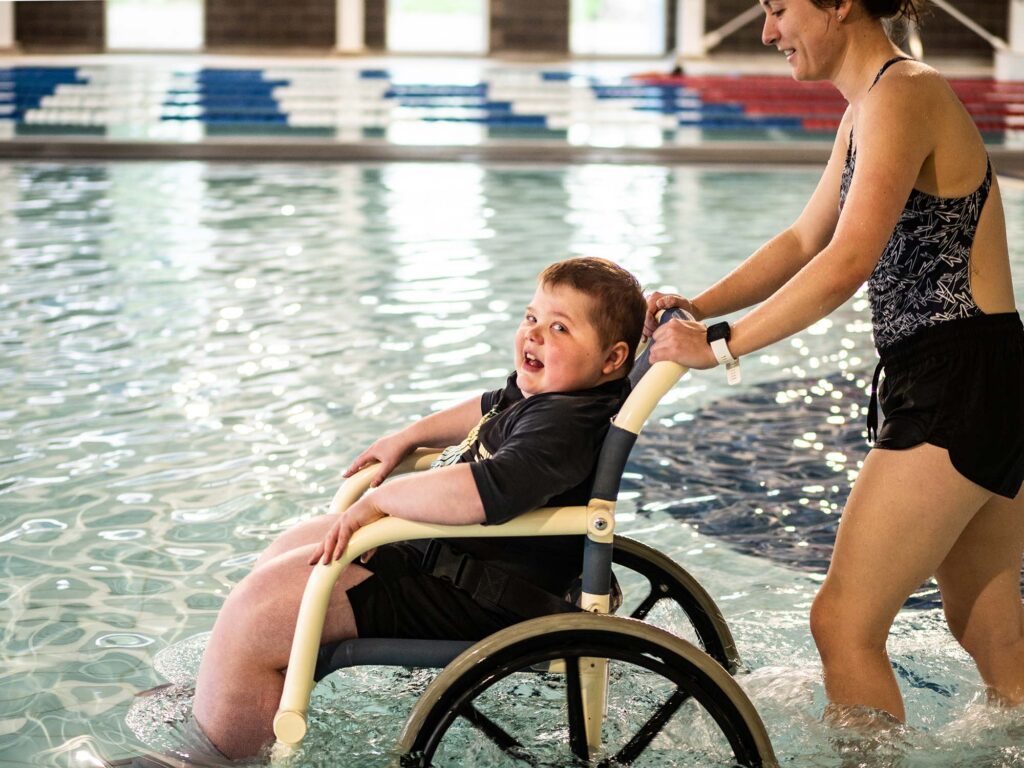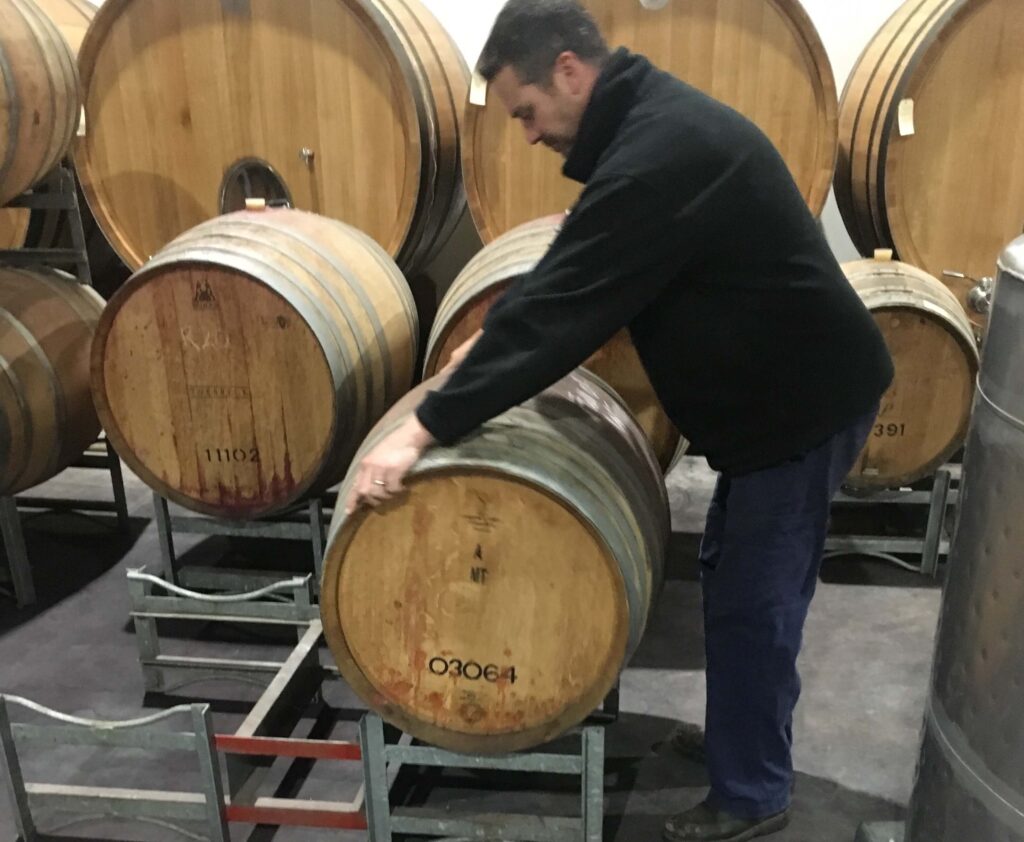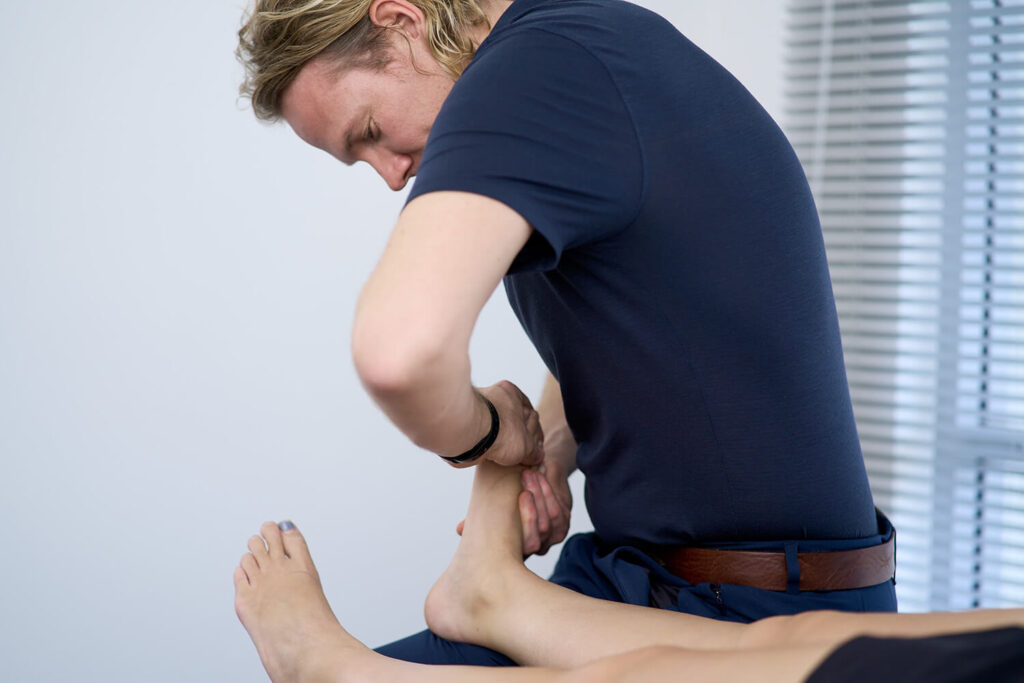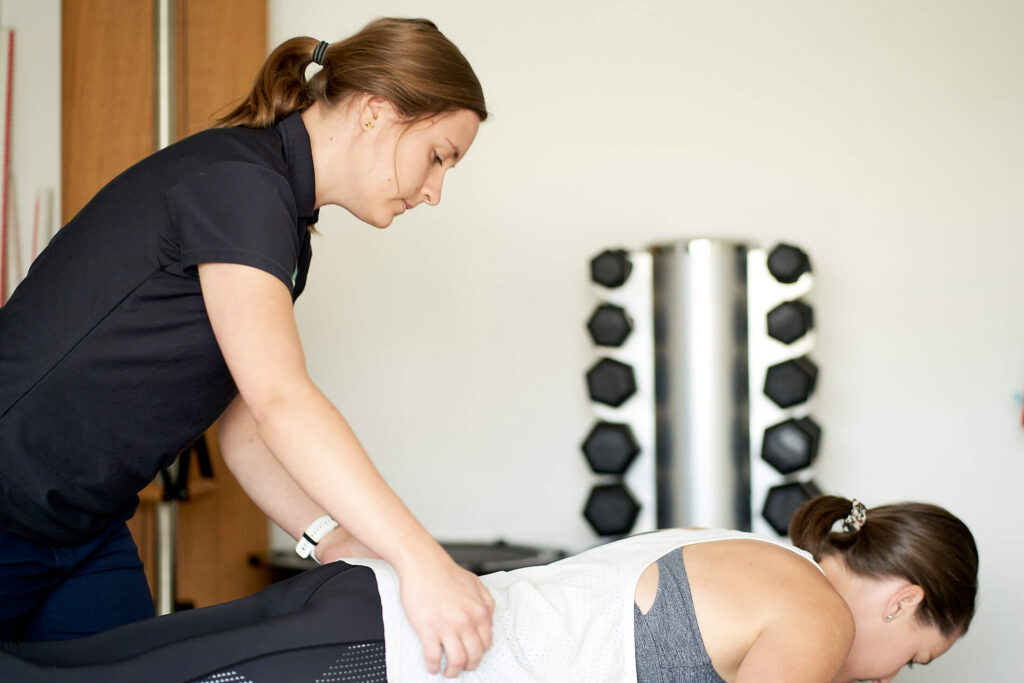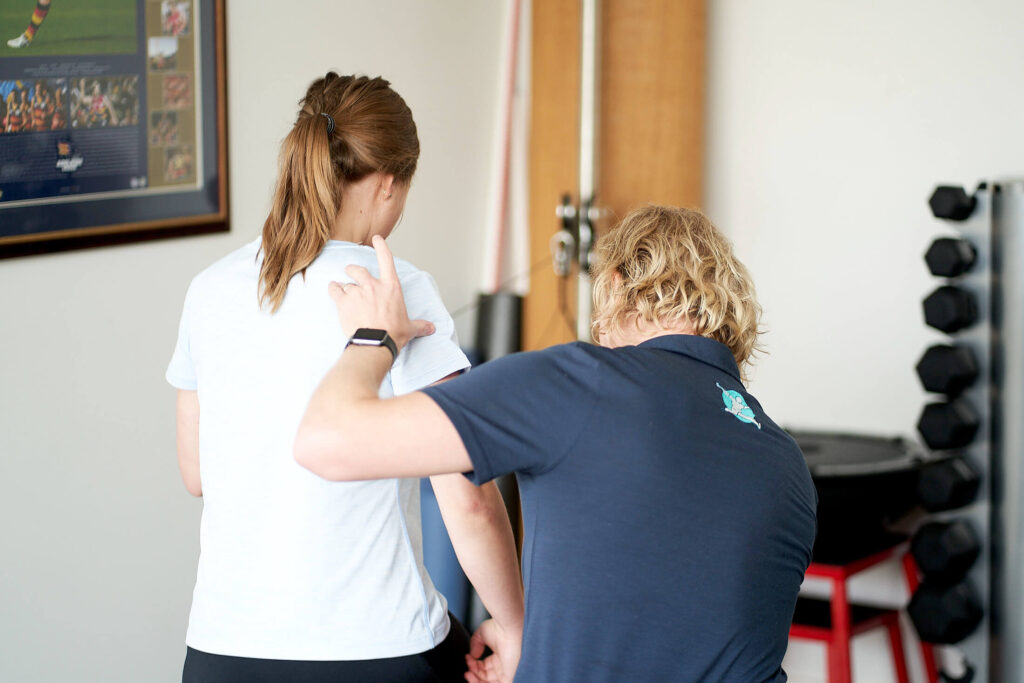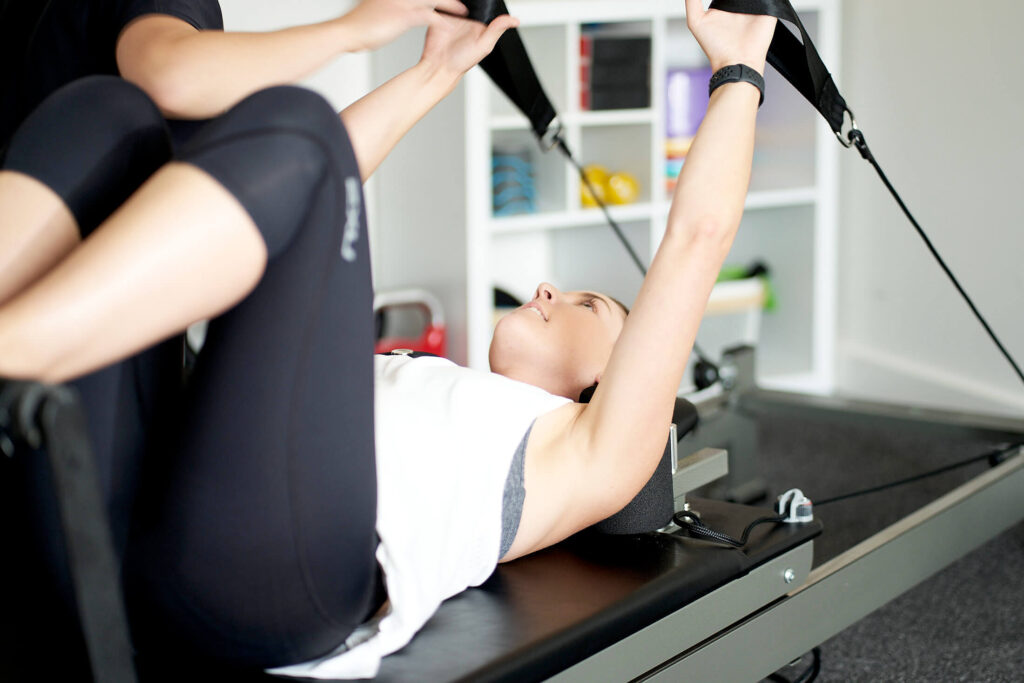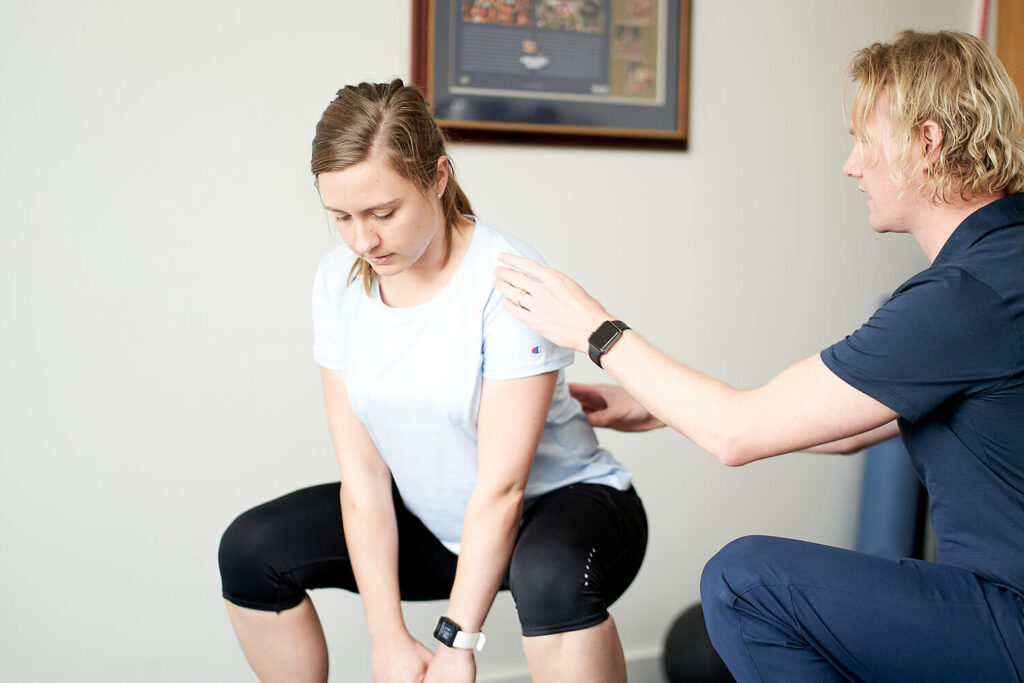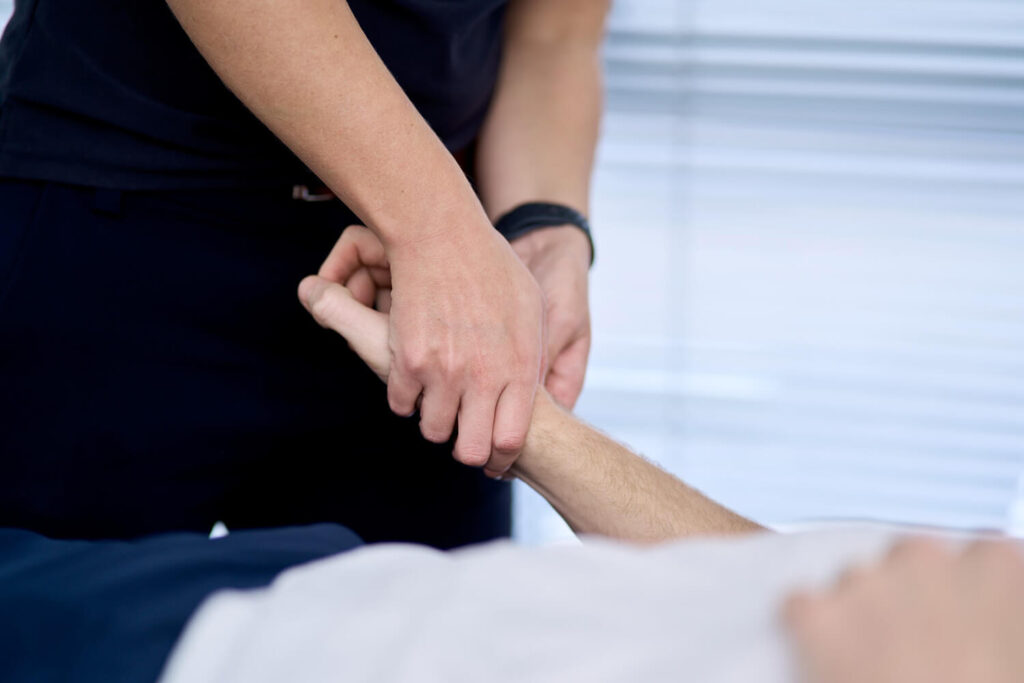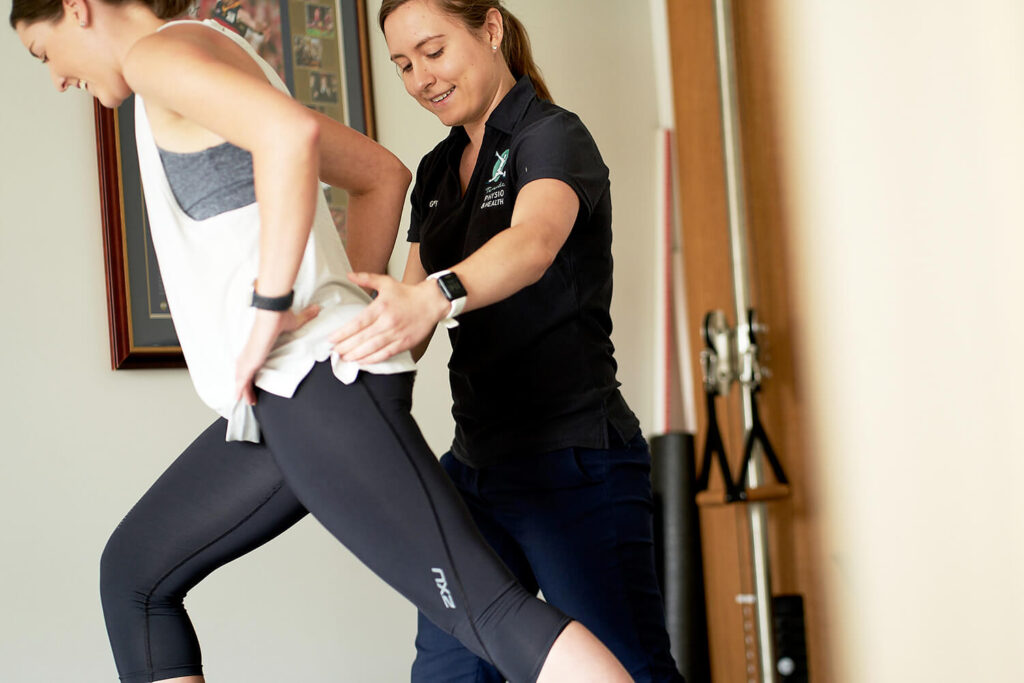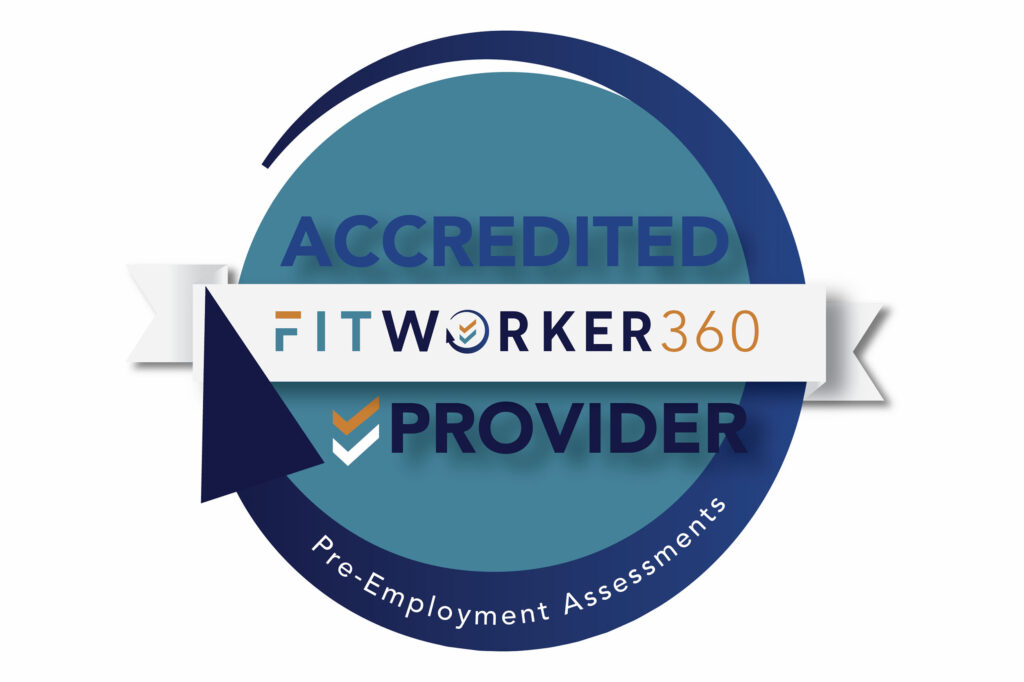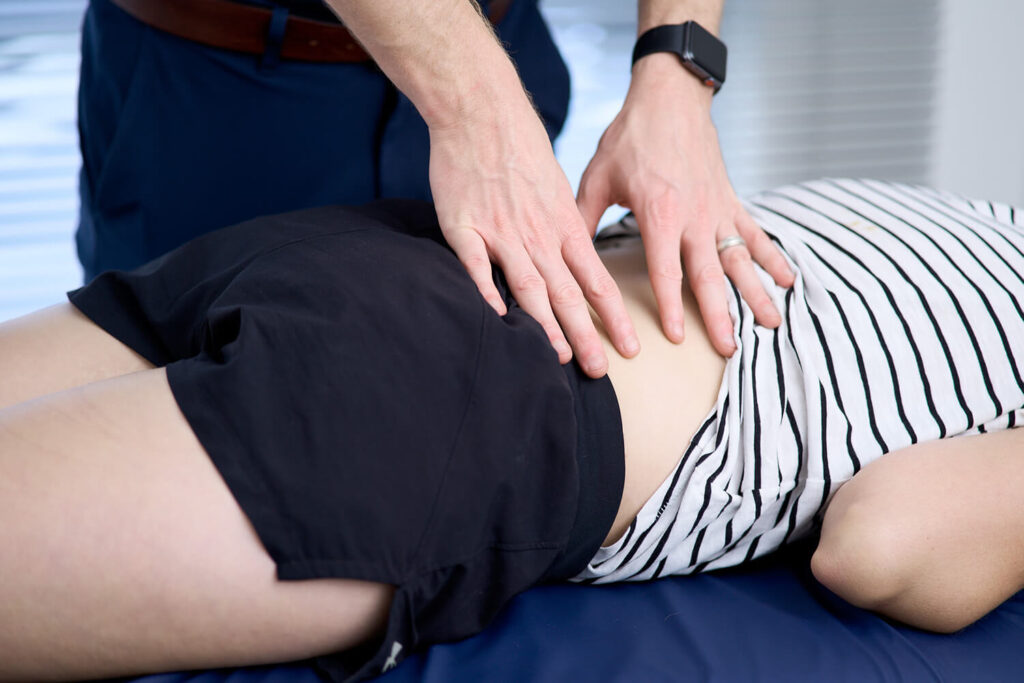Tanunda Physio & Health are registered NDIS providers! We are one of very few registered providers for physiotherapy services in the Barossa Valley region. What…
How to get help when you can’t get to the physio
Sometimes you simply can’t get to the physio but you still need help.
Did you know there are still ways to get that help?
This can be done in 1 more traditional way and 1 less traditional way which has gained momentum in recent times.
Home Visits
We can arrange a home visit and come to you!
Most traditional treatments you would receive by visiting the clinic can be provided in you home.
Often we will schedule home visits as a longer appointment to cover more in each session – more treatment, more education/advice and more exercises. This can help to reduce the number of sessions required in total.
Home visit also enable added benefits of helping to show you how you can best perform your exercises in you home, as sometimes people find it hard to work out what they can use as a weight, what they can fix their exercise bad to etc.
Additionally, we can provide even more specific advice on ways you can help yourself based on your home environment, This can include suggested modifications to potential hazards or ways you could make certain tasks easier for yourself.
Telehealth
Telehealth has seen a rapid rise in use through COVID-19 lockdowns and isolations. But it is not just a fad that came from nowhere. Its use increased due to necessity, but it has been around a long time and its benefits are well known.
Most people think that telehealth may not be relevant to them. In many cases they are wrong.
What is telehealth?
Telehealth is any video or phone consult.
However, specifically when we refer to telehealth we are referring to video consults as this allows us the maximum benefits to be provided (however phone consults are still beneficial to provide important advice and education)
What we can’t do via telehealth?
This is obvious to most people and why most people assume it isn’t applicable to them.
We can’t touch you. Simple as that.
We can’t massage. Can’t push on your stiff joints.
We can’t and won’t dispute this. We also don’t shy away from this being an essential part of what we provide.
However, it is not all we can do to provide significant benefits, and in some cases it is far from the most important part of your treatment
What can we do via telehealth?
Assess you – a large part of us assessing you is based on watching you move and analysing the quality and range of movement. THis tells us a lot about what we can do to help you
Teach you self management hands on techniques – some of the techniques we use in the clinic we can teach you how to perform a similar technique at home, and often you will be surprised by how powerful its effect can be
Provide, review and progress exercises – this is perhaps (along with education) the part that we can provide with the highest effect in comparison to if we were in the same room as you. If you have already commenced treatment and are in a later stage rehab, this also becomes a great option to continue treatment in the most convenient way.
Give education and advice- Don’t underestimate the value of good education and advice. Be it better understanding your problem, strategies for self management, tips to avoid aggravation or even positive reassurance, the right advice (and following it) is an essential part of any quality treatment
The good news? Education and Exercise is for many problems we treat are considered to be the most important part of long term improvements based on evidence. That means, when you have a telehealth consult with us, you can still expect to receive great care and great results.



